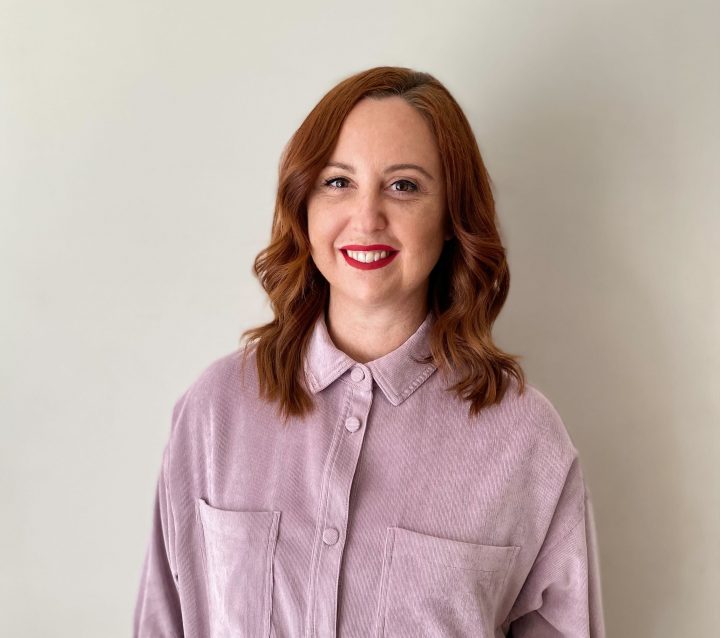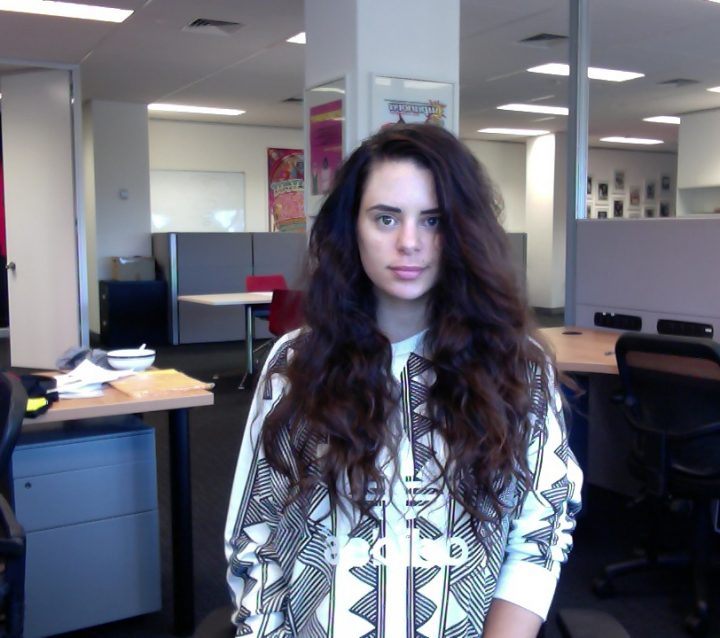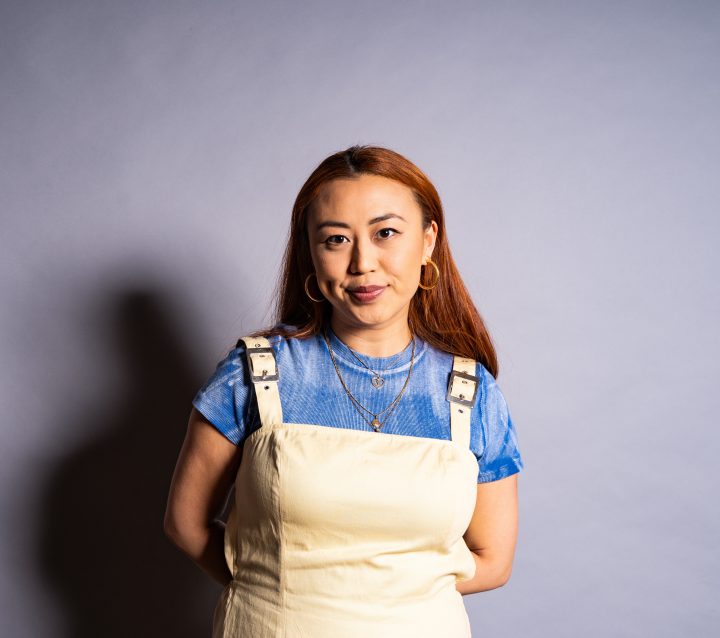
What is your role at The Music Network and how long have you been in the position for?
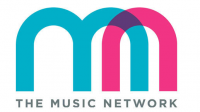
I’m Editor here and I’ve had the role for 10 months, however I’ve been with TMN for five years.
Tell us a bit about The Music Network, for those who are unfamiliar with the site.
I like to think TMN is the music industry’s go-to publication for anything that affects their world. Our editorial content and airplay chart data dates back 20 years so we’re used by industry professionals to help predict trends and also to get their daily fix of news, personnel moves, breaking deals and signings.
Describe a normal day in the life of the Editor of The Music Network
I have the luxury of being able to walk to work, so when I’m not listening to podcasts or music I’m scrolling through news websites from 8am-9am.
From 9am until the TMN Music Daily newsletter is sent at around 2:30 I’m usually at my desk sourcing and writing news – my contacts in the industry are quite used to me hounding them for comments, exclusives or clarification on a story I’m working on.
 Bad // Dreems
Bad // Dreems
The afternoons are where I work on longer-form articles and conduct interviews and research. Right now I’m working on a feature about Adelaide band Bad//Dreems, a feature about the US Unsigned Only competition and a feature about Red Bull Records. I chatted to its SVP of Global Artist and Label Development for a feature on UK artist Itch late last year and when he was telling me about how the label works, my jaw hit the floor; so lately I’ve been chatting to Red Bull execs and the artists on its roster who are filling me in on this label industry anomaly.
Every night in Sydney there’s a gig or an industry event on so I’m lucky enough to work on my tinnitus a few nights a week.
How did you get your start in the music industry? Did you choose to work in music or did it choose you?
I definitely fall under the category of ‘I work my ass off to get what I want’. I had always wanted a career in writing but it was during my last two years of high school when I decided I wanted to work as a music journalist. During my journalism degree I managed to make most of my assessments music-related and I started a dodgy blog which still exists of course – the internet is like an open-casket cemetery in many ways – but it wasn’t until I decided to relocate to Sydney from Brisbane that I was forced to take it seriously.
I started as an intern for The Music Network in 2010 and needless to say I’m still learning about the industry and my ability to reinforce the values of our subscribers. I was actually really lucky to get the internship when I think about it; TMN is such a good launching pad for industry newcomers and our internship program has always opened doors for those who make the most of it.
Have you got any advice for people wanting to start a career in the industry?
Try not compare yourself to all the incredible, incredibly seasoned writers who are being called upon for the latest reissue of 1000 Albums You Must Hear Before You Die and are working on the liner notes for the next Erykah Badu LP. That second-guessing of yourself doesn’t go away, but it’ll sit at a low hum if you keep moving forward.
Try not to compare yourself.
As a former intern I would say don’t be too proud to work for free for a short period, but make sure the service is reciprocated. View the people you work with as mentors and make sure they’re doing everything they can to offer you the tools you need to gain a paid position. If you’re not learning, it’s time to move on; this applies to both paid and non-paid positions.
What issues/potential issues do you think the current Australian music industry face?
There’s a few at the moment, but two come to mind right now. Our streaming service market is oversaturated, I think recent ABS data showed we have 36 streaming services, but this isn’t necessarily a bad thing; the services themselves suffer a little as has been proven with the shuttering of a few in the last 12 months, but for the market itself it’s great! It educates consumers about a legal, on-demand alternative to music consumption and in many ways, combats piracy.
Our artists aren’t paid enough. The average Australian salary is $78,800 (according to ABS) and performing artists receive an average income of $44,600.
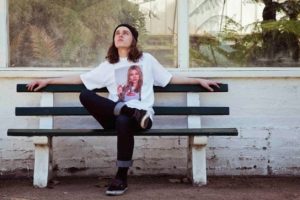 Allday
Allday
New research from Victoria University has found that music industry employees in Australia are more likely to suffer from mental health issues and commit suicide than employees in other sectors. That’s truly worrisome to me considering most of the people I know within the industry aren’t in it for the money – you’d be crazy to be – so the salary factor doesn’t even come into it.
The performing artists interviewed for the study said they felt criticism, jealousy and internal and external bullying were all a part of the culture of their workplace. To me, that shows the ball isn’t being pushed forward enough right now and that there isn’t an ongoing conversation about why this is happening.
If you were to change one thing about the structure of the Australian music industry, what would it be? (for example more commercial airplay for Aus artists etc)
Independent artists should receive more consideration at commercial radio. A lot of these acts are ridiculously talented, introverted and operating on a shoe-string. They often don’t have the kind of label backing that provides a radio plugger to travel the country and lobby their tracks on their behalf. I would love to see the big networks stand up and vow to a new system where a solid number of indie acts are added to their playlist each week.
Have you had to overcome any challenges/adversity throughout your career? If so, can you tell us about them and how you approached them?
I think one of the biggest challenges I’ve had has been – and this is completely self-created – my lack of knowledge about Australian music. I moved to Australia from New Zealand when I was 15 and fell into an ‘emo hole’ where I almost exclusively listened to American emo, punk and hardcore. I do wish I had embraced the local music more and bought a lot of the iconic rock records that kids my age were turned on to by their parents and older siblings. Unfortunately I feel like it’s hard to revisit say Icehouse or Midnight Oil or Men At Work now because I have no reference for it all, but on the upside, I feel like I was front and centre when Australian hardcore started to really take off, it’s nice to feel like I may have contributed in some small way to that.
What does 2015 hold for you? Any exciting things that you can tell us about?
It’s a really exciting time for TMN at the moment. While we haven’t ruled out another print magazine edition for the year, we’re espousing the crossover to digital. We made the necessary decision in December to make a lot of our content available exclusively to our paying subscribers and thankfully we’ve had a great response from all sectors of the industry. We’ve also adopted a huge student subscriber base which has opened us up creatively in terms of what content we offer.
Who are your role models in the industry whether they be international/Australian?
Kirsty Brown, who is Executive Officer at MusicNSW is one person I’ve quietly admired for years. She has a writing background and is a huge advocate for artists and the smaller, less glamorous sectors of the industry. Last year she formed an alliance with a few small venues, media and community radio station FBi to launch a campaign against the Sydney lockout laws – she’s doing cool stuff like that all the time.
I idolise so many music writers but David Fricke has been through so many style evolutions and writes in the way I enjoy most when I’m reading; he’s analytical, a fan-boy at heart and doesn’t insert himself in the article, unless Rolling Stone asks him to.
Top 3 Artists to watch in 2015?
Allday – that cult-rap genius deserves great things. Awaken I Am – If you can remember how good it felt when you first discovered Circa Survive or Emarosa then add this Brisbane band to your collection. DMA’s – Their EP is straight out of the best part of the ‘90s; it was recorded next to an open window in a bedroom in Newtown, which when you see the band live or meet them in person, was astonishingly imperative.
What is your go-to Karaoke song?
I Got You Babe by Sonny and Cher, because I’m far too awkward to sing alone.
More Interviews

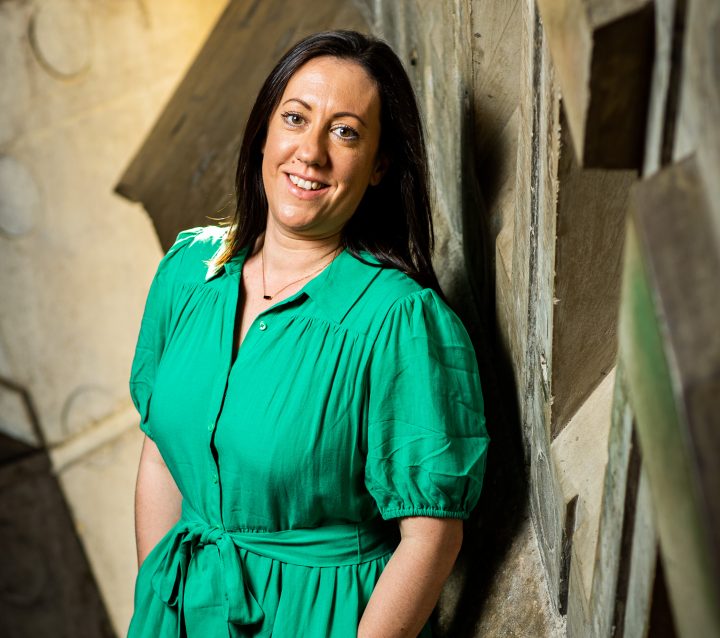
Phillippa Martin Reiter
Festival Producer // Vivid LIVE at Sydney Opera House // Contemporary Music
Phillippa Martin Reiter
Festival Producer // Vivid LIVE at Sydney Opera House // Contemporary Music
